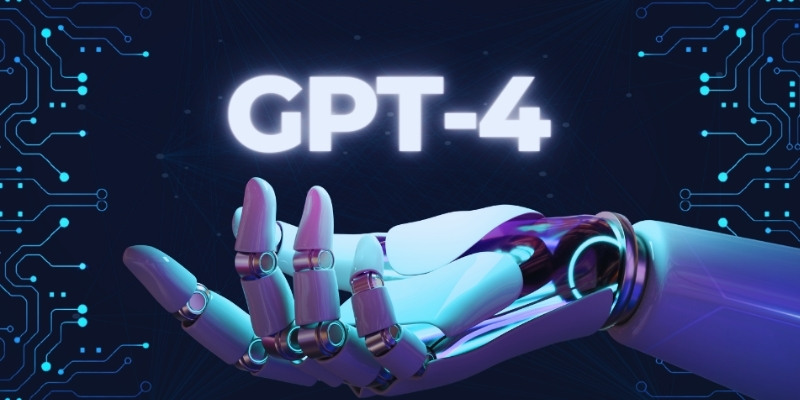In 2025, alternative assets have become an essential part of diversified investment portfolios. These assets—ranging from private equity and real estate to collectibles—have historically offered higher returns and unique opportunities beyond traditional stocks and bonds. However, their complexity has also made them challenging to evaluate, monitor, and manage effectively.
Artificial Intelligence (AI) is now emerging as a solution to these challenges. By processing large datasets, identifying trends, and automating decision-making, AI is transforming the way investors and institutions approach alternative assets. This shift is not just a technological evolution—it’s a strategic leap that is reshaping the future of investment management.
What Are Alternative Assets?
When you buy in something other than stocks, bonds, or cash, you're talking about "alternative assets." These include:
- Real estate properties
- Private equity and venture capital
- Hedge funds
- Commodities such as gold or oil
- Collectibles like fine art and vintage cars
These kinds of assets are usually harder to sell, come with bigger risks, and need a lot of knowledge about the subject. They offer diversity and the chance for huge returns in exchange, especially when traditional markets don't do well.
The Growing Importance of AI in Alternative Asset Management

As investment in alternative assets grows, so does the volume and complexity of data surrounding them. Traditional analysis methods are no longer sufficient to keep up with fast-changing markets and investor expectations. AI provides a scalable, data-driven framework that enables firms to extract insights, forecast performance, and make timely decisions.
In 2025, AI is no longer seen as a futuristic tool—it has become a critical component of alternative asset strategies, used by hedge funds, private equity firms, family offices, and digital investment platforms.
How AI Is Reshaping Alternative Assets in 2025
Real Estate Investment
Real estate has historically relied on manual appraisals, location insights, and historical pricing trends. In 2025, AI has enhanced this process by analyzing satellite imagery, demographic data, rental performance, and neighborhood social trends to deliver more accurate predictions and identify undervalued properties.
AI models are helping firms:
- Predict future rental yields
- Analyze location-based risk
- Detect market saturation in urban areas
- Recommend portfolio rebalancing based on macroeconomic shifts
These AI-powered insights allow real estate investors to make faster and more precise decisions than ever before.
Private Equity and Venture Capital
Private equity and venture capital investments involve evaluating startups and unlisted companies with limited data. AI tools in 2025 are using natural language processing (NLP), machine learning, and sentiment analysis to sift through founder profiles, funding history, patent activity, and consumer trends.
Firms are leveraging AI to:
- Assess business model scalability
- Score founder track records
- Predict market fit using consumer data
- Optimize exit strategies
Rather than relying solely on intuition or network-based deal sourcing, investors are using data-driven models to reduce risk and improve returns.
Hedge Funds and Quantitative Strategies
Hedge funds have been early adopters of AI, and by 2025, they have fully integrated AI models into their daily operations. These models run simulations, analyze thousands of variables, and adjust trades based on real-time data without emotional bias.
Benefits include:
- Improved accuracy in forecasting
- Automated detection of arbitrage opportunities
- Faster adaptation to market volatility
- Lower operational costs through algorithmic execution
The use of AI enhances fund performance while allowing managers to scale strategies across global markets.
Benefits of AI in Alternative Asset Investing
The integration of AI into alternative asset investing brings several key advantages:
- Speed and Scale: Processes vast amounts of data in real-time
- Improved Accuracy: Minimizes human error and cognitive bias
- Predictive Insights: Uses historical data to project future outcomes
- Operational Efficiency: Automates repetitive tasks and reporting
- Customized Portfolio Strategies: Tailors investment plans to individual risk appetites
For asset managers and institutional investors, these benefits translate into increased confidence, better risk control, and improved return potential.
Challenges and Considerations
Despite its promise, AI comes with its own set of challenges. In alternative assets, where transparency is often limited, the quality of data becomes a key concern.
Data Integrity and Bias

If AI models are trained on incomplete or biased data, they can produce misleading results. In 2025, many firms are placing more emphasis on data governance, model explainability, and ethical AI practices.
Best practices include:
- Using diverse datasets to reduce bias
- Testing models under various economic conditions
- Incorporating human oversight for high-stakes decisions
Regulation and Compliance
The use of AI in financial services is increasingly regulated. In the realm of alternative assets, where investments can span multiple jurisdictions, compliance becomes more complex.
Firms are investing in AI governance frameworks that ensure:
- Transparency in decision-making algorithms
- Alignment with data protection laws
- Auditability of AI-driven recommendations
Conclusion
In 2025, AI is not just supporting the alternative asset market—it is actively transforming it. By offering deeper insights, faster decision-making, and better portfolio performance, AI has changed the way institutions and investors view non-traditional assets. From real estate and private equity to digital currencies and hedge fund strategies, AI has embedded itself into every layer of the investment process. It enables a shift from intuition-based to intelligence-driven investing, opening new doors for growth and innovation.











